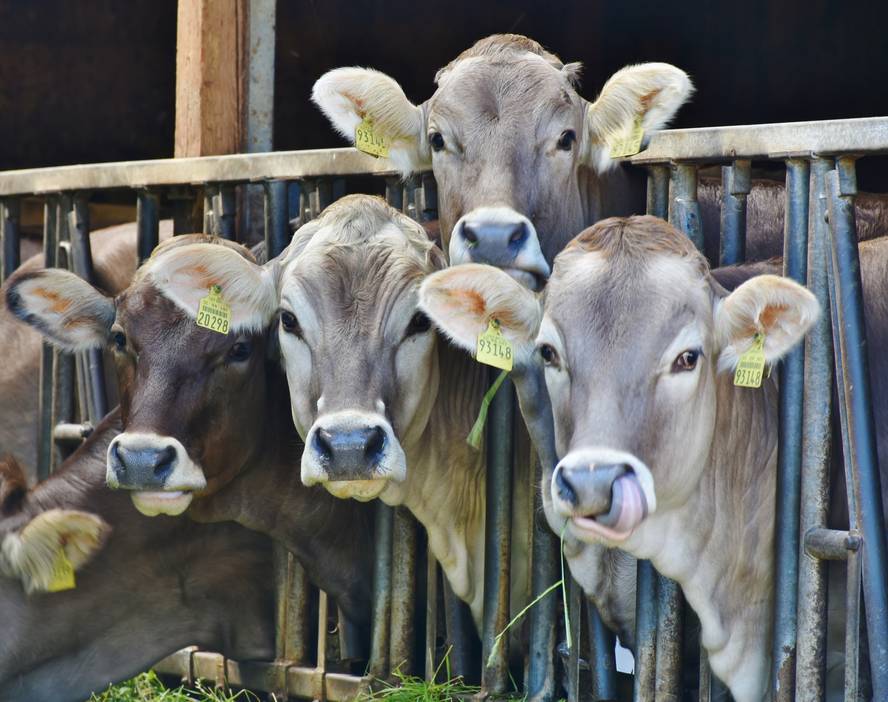Increase the price of meat to assume the environmental cost

The environmental cost of all human activities is essential to address the climate emergency. Also at the agricultural cost. The exercise has been carried out by researchers of the Technical University of Munich and the conclusion is clear: it is necessary to increase the prices of meat, since there is a great gap between market prices and real costs when the climatic costs are also taken into account.
The results show that products of animal origin are the ones with the highest costs of greenhouse gases (2,41 €/kg). It is followed by dairy products (0,24 €/kg), being ecological products of vegetable origin that have a lower environmental cost (0,02 €/kg).
The greatest contribution of the research is the distinction between agrarian systems and food categories, on which the price increase should be made. The results indicate that in conventional meat a surcharge of 146% should be applied with respect to the current price, in ecological meat of 71%, in dairy products of 91% and in ecological vegetables only 6%.
The incorporation of the variable agrarian system in calculations allows to establish the price increase corresponding to each food. This will help to reduce the price gap between traditional foods and ecological foods, being able to influence the habits of the population, favoring foods with lower climate cost.
According to the researchers, the introduction of climatic costs in the price of food is essential, although in the scientific community there is a debate on whether the criterion "the most pollutant pays" is sufficient. And it is that many believe that it is a cost that the richest can assume and that, in short, it will not assume great benefits for the environment if other parallel measures are not taken.





